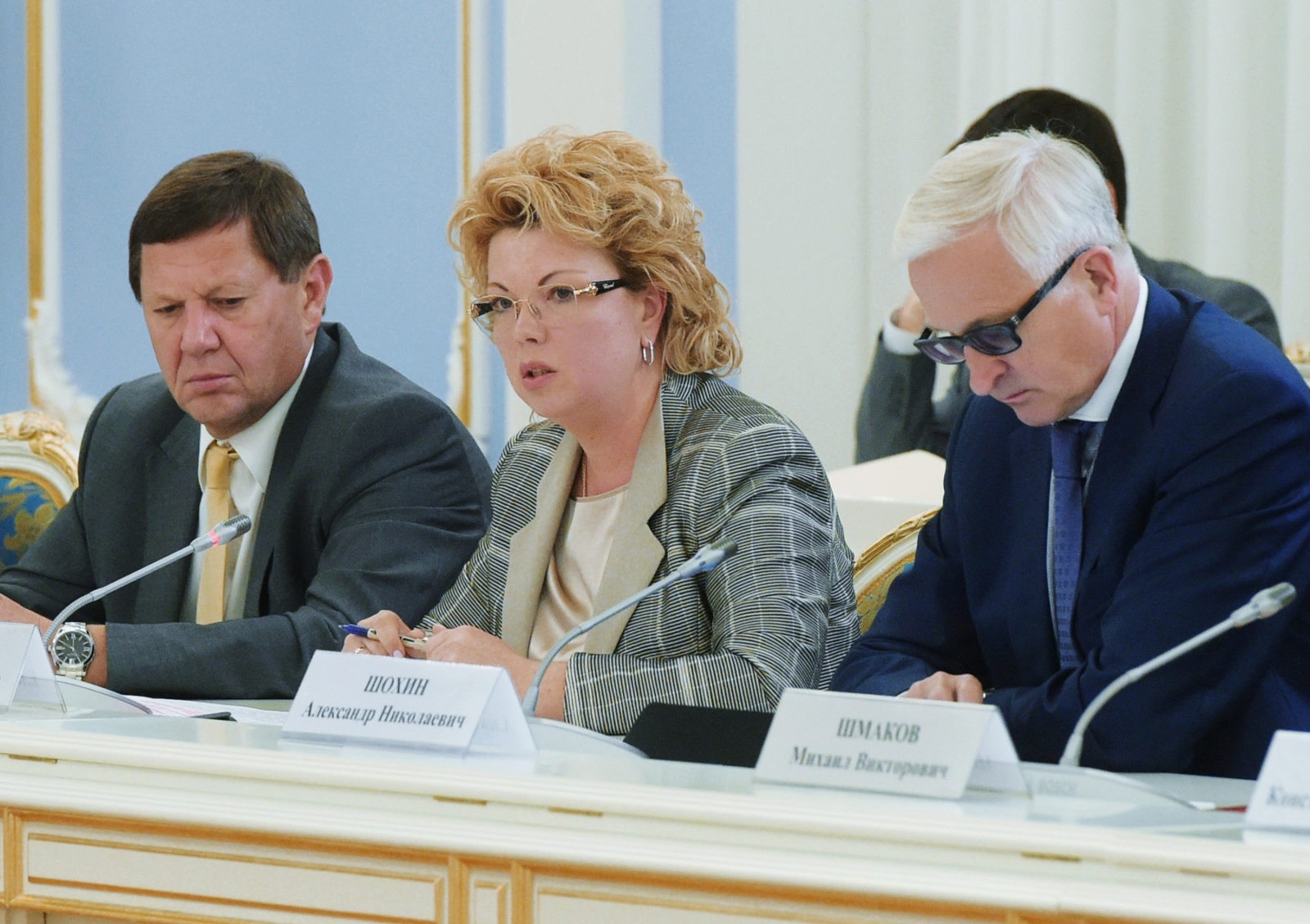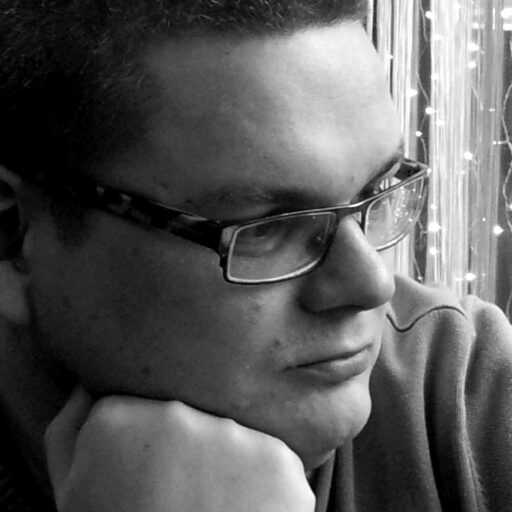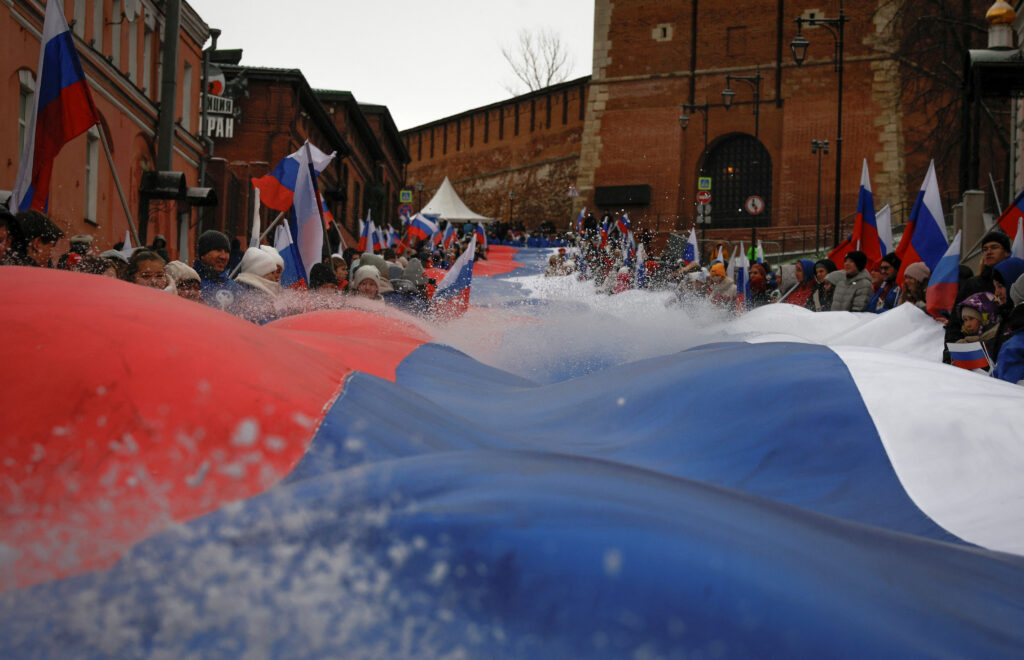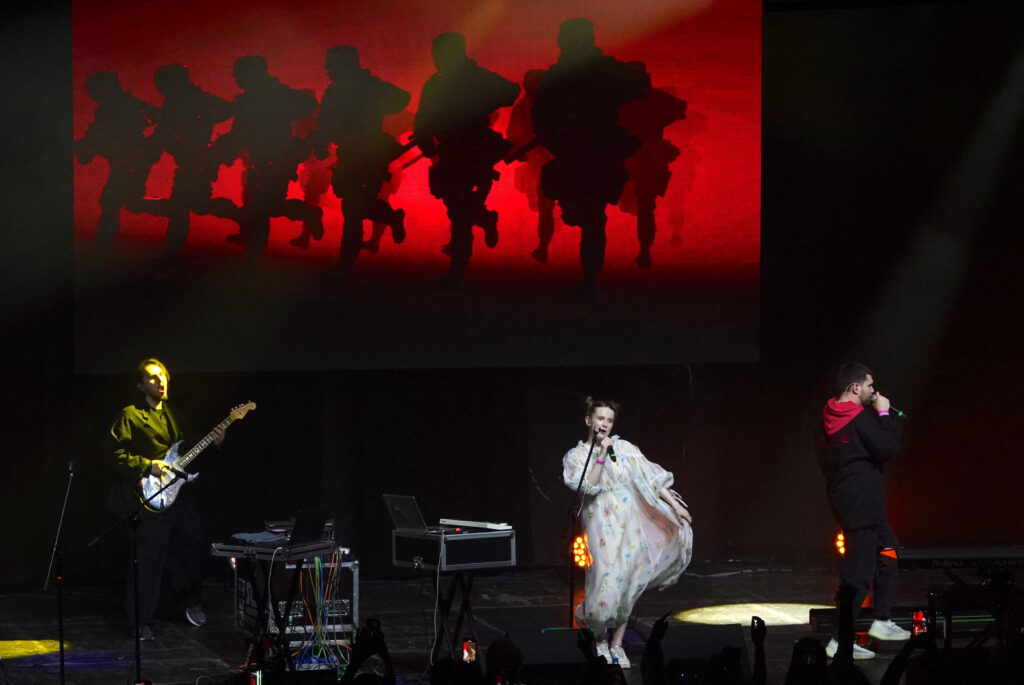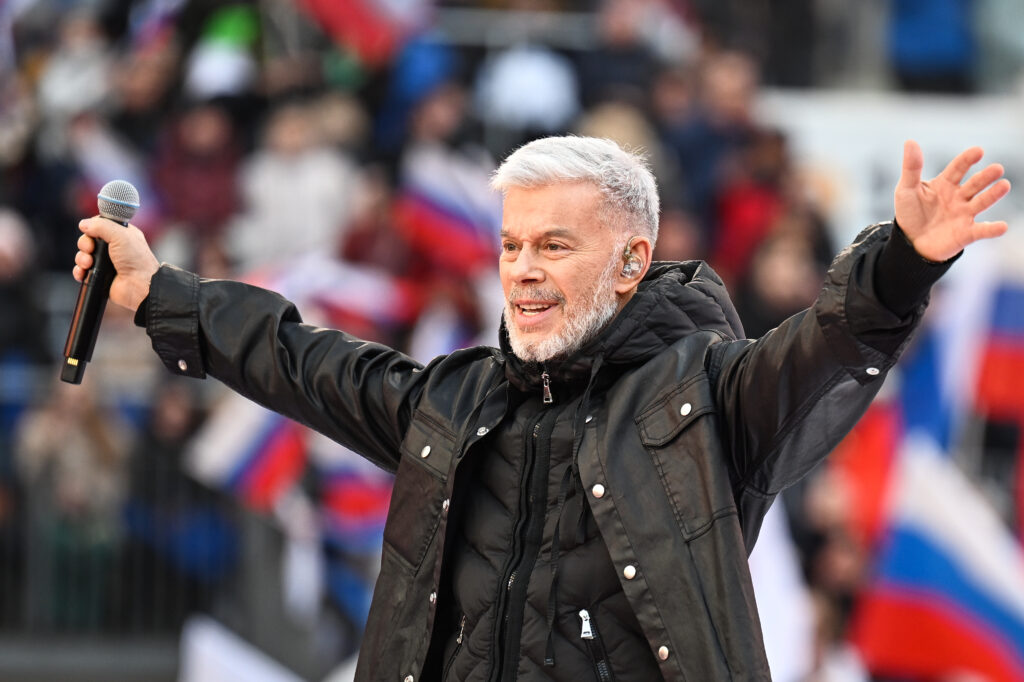Yampolskaya’s
The antics of the Russian Duma attract ever less public attention. This is a private, non-scientific and non-representative observation. Yet it comes from countless recent conversations about Russian politics. That includes many with people who follow the news here, but are not news professionals. Insane speeches and dangerous initiatives have long been standard offerings from Russia’s parliamentarians. But those are now no longer shocking. A better description would be ‘tiring’ or ‘tedious’.
To illustrate this point, try mentioning that Sergei Mironov still exists. Mention that he still runs a party and remains as outspoken as ever. The reaction is likely to be near complete bemusement.
Even the star of Irina Yarovaya seems to have faded. So today’s recognisable parliamentarians are few and far between. When asked, people can hardly recall anyone but Natalia Poklonskaya. Even her name only comes to mind with some effort. Without doubt, most people have no idea about the structure of the State Duma either. Who, you might ask, leads its various committees? And what are the exact names of these committees?
An exception could be Elena Yampolskaya. Her appointment to the head of a culture committee did cause a stir of sorts.
Direct speech
Yampolskaya is a lively personality. She likes to make speeches and give interviews. She was a regular columnist of the Kultura paper, which she edited before entering the Duma. As a deputy of Vladimir Putin’s United Russia Party, she has risen fast. She is now the head of the so-called editorial committee.
While she no longer writes often, she does sometimes provoke outrage when she does. Quite recently, for example, she spoke out during Russia’s pension reform debate. Yampolskaya called on Russian pensioners to ‘get out of their comfort zone’.
This is not a mistake, a joke or a piece of sophisticated mockery. In fact, it is a simple quote. Then, she put on an historian’s cap to baffling effect, hinting at the greatness of Joseph Stalin. He was part of the mystery of Russian history, she pointed out. “Stalin was used as an instrument for our admonition and redemption,” the head of our Duma editorial committee stated: “That’s because we had sinned a lot: people got killed, temples were destroyed, priests were shot dead. Stalin was sent as a teaching whip. God does not explain why he uses such tools.”
Well, God does not explain things but Elena Yampolskaya did, at least.
She has badmouthed the “cultural elite of the country” at length. At one stage she even demanded that they get replaced. Who knows what that could mean. She, naturally enough for a member of her party, sworn allegiance to the president. But she often goes beyond the call of duty, admiring his wisdom, glorifying his victories and achievements. In her youth, she composed frivolous prose.
The above is enough to understand why another career rise of a person in charge of the “spiritual space of Russian Eurasia” (and this is not a joke; it’s an inscription under the header of the Kultura website) attracted attention. There is something to quote, there is something to show, there is a reason to laugh, and a reason to be horrified. Mourning the collapse of Russian culture is a cherished pastime of Russian intelligentsia.
Some sensible voices are breaking through the widespread weeping of the liberal-minded crowd. Her committee does not even allocate any budgets. So how can Yampolskaya’s arrival have any impact? Before her, the committee was headed by Stanislav Govorukhin. He was clearly a talented actor and director. But he was also a holder of completely obscurantist views. He happened to head Putin’s electoral committee in the 2012 presidential elections. Was Govorukhin’s term as the chair significant in any way? Did it bring any harm or help to culture? Why are people sure that the arrival of Yampolskaya will change the situation, and certainly for the worse? There are no rational grounds for this view.
A cultural knot
The problem is typical for non-free countries. If the sources of official information about the authorities are hidden or distorted, people are stuck with guesswork. Snippets take on vast imporatance. As does the body language of one group of courtiers or another. The government willingly supports this game of interpretations. Such a game is a great way to avoid a straightforward discussion of real problems.
. Her views on the status of culture show she is no different from the relevant minister Vladimir Medinsky. He accepts money from the government. But all without wanting to undertake ideological and propaganda-related tasks. Yampolskaya has echoed him even more harshly: “Nowadays I often attend various meetings between creative intelligentsia and Vladimir Putin… They immediately say: “Give us the money!” But as soon as you give them money, you must immediately step back because they despise you. Actually, they spit on you. This is how horribly mean the contemporary intelligentsia are, that just amazes me.”
It is worth moving away from Yampolskaya’s interviews, filled as they are with similarly quotable lines. Her column in Kultura is a better guide. A holistic programme emerges, aimed at putting things in order in cultural affairs. It is utopian, all based on the idea of total control. In this sense, Yampolskaya seems to drift in accordance to Plato. “Education, upbringing, culture, the media… Anything that affects the human soul at every single moment, all of this should be tied into a single knot. In my opinion, this is an essential condition for a breakthrough, so much awaited by this country, a breakthrough that has been mentioned by the current and upcoming Russian president.” Yampolskaya suggests that people working in culture should receive “lofty goals” and be oriented towards a “spiritual feat”. She wrote two interconnected texts. One where she suggests that the great experiment on tying culture into a knot should begin with the Crimea. Another with setting up a special committee. She hints that she would be ready to become a member of such a body.
Today’s setup? Yampolskaya says things. Medinsky does things. The situation rolls from bad to worse; everything seems clear. Well, not quite. There is no single centre that would turn engineers of human souls into machine-gunners working for the party. There is no policy of banning everything and nor would that be possible. Some individual performances and exhibitions were banned. There was a long gone scandal with the comedy entitled “The Death of Stalin.” The state propaganda condemns immoral pseudo-art. But if there ever is a pogrom at an exhibition, the government will publicly dissociate itself from the perpetrators. Sometimes such perpetrators even get punished. There are also direct police repressions (the famous “Serebrennikov case”) but they have been isolated so far.
Rising to the level
At the same time, a part of the public believes that the best is yet to come. They are on the lookout for hints of pending liberalisation. For instance, people expected that after the election Putin will appoint the new government and replace Medinsky. This was an optimistic forecast. (Pessimists and those who believe that “the worse, the better” claimed that Yampolskaya would take charge of the ministry). In fact, Putin did not make any change. This is quite an understandable and clear signal: you should not expect any change. From now on, you can earn your bread (well, okay, money, we are not paid with food yet) in exchange for loyalty. Anyone wanting to still play dirty tricks with the state while taking money and claiming creative independence? Remember the fate of the “Sedmaya Studiya”.
The appointment of Yampolskaya is another hit on the same spot. Yes, her post is fictitious. Much like the Russian party system and Russian parliamentarism. Yet the position itself is a sign. After all, if we think reasonably, it does not matter who will hold this post. The Duma is filled with various cultural figures who are wallowing in obscurity. They have not managed to articulate their creed so vividly and clearly to the public. Yampolskaya did, and was appointed. It is as simple as that.
This story is not about what Elena Yampolskaya can or cannot do at her position. Rather, this is a story on what the authorities want the cultural sphere to be. Surrounded by hardening authoritarianism, culture must live up to the leader’s expectations. Dear creative people, get ready to rise to that level. That is, of course, if you want public money rather than a cell in prison.
